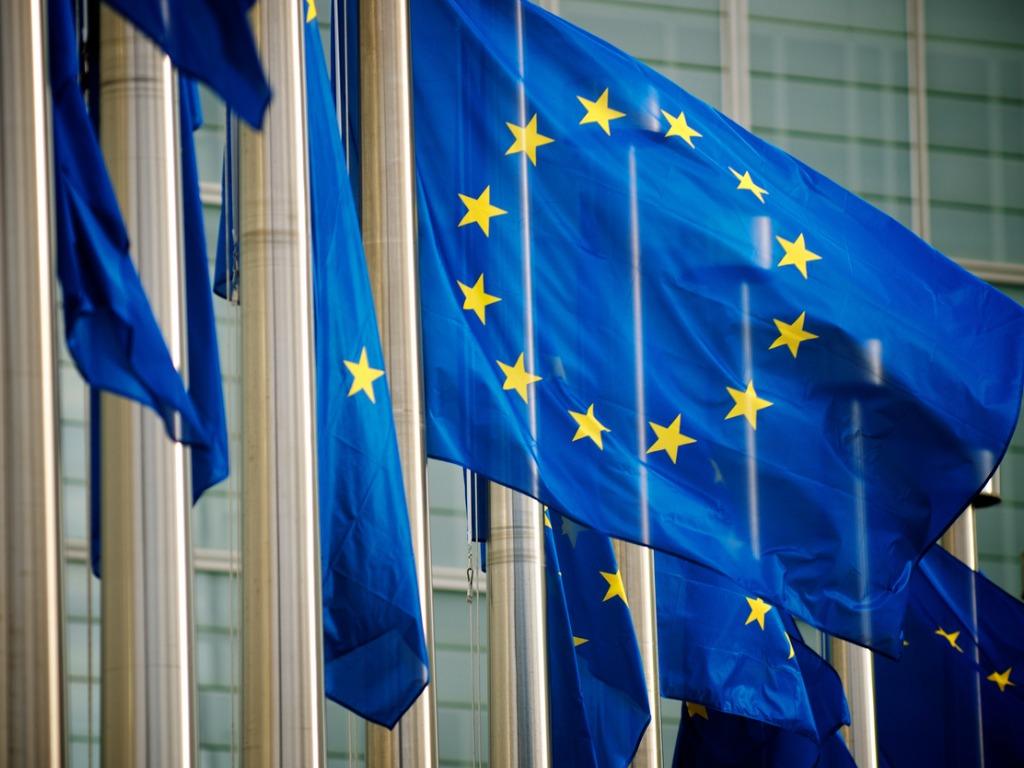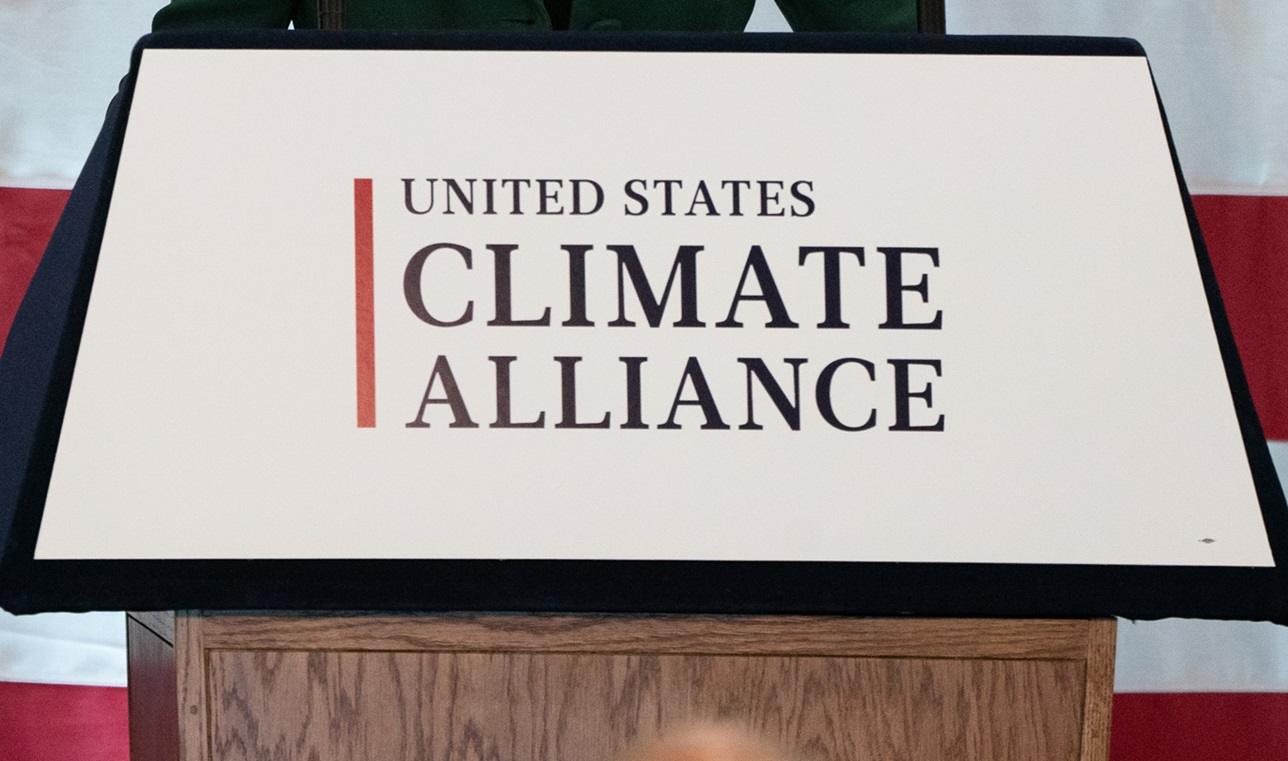EU Commission Adopts Final Sustainability Reporting Rules
The European Commission announced today that it has adopted the European Sustainability Reporting Standards (ESRS), the rules and requirements for companies to report on sustainability-related impacts, opportunities and risks under the EU’s upcoming Corporate Sustainable Reporting Directive (CSRD), marking a major step towards the implementation of the law, with reporting set to begin for some companies as soon as the 2024 financial year.
While welcoming the milestone announcement, sustainability-focused investor groups expressed concerns about the EU Commission’s recent move to ease several aspects of the new rules, in particular its removal of the mandatory nature of many of the CSRD’s sustainability disclosures, which remained in the adopted ESRS.
The CSRD, on track to begin applying from the beginning of 2024, is aimed as a major update to the 2014 Non-Financial Reporting Directive (NFRD), the current EU sustainability reporting framework. The new rules will significantly expand the number of companies required to provide sustainability disclosures to over 50,000 from around 12,000 currently, and introduce more detailed reporting requirements on company impacts on the environment, human rights and social standards and sustainability-related risk.
The European Financial Reporting Advisory Group (EFRAG) was mandated by the European Commission in June 2020 to prepare new EU sustainability reporting standards, and in November 2022, EFRAG submitted its final ESRS draft, after modifying its initial drafts to ease the administrative burden on companies and reducing the number of reporting requirements by half.
In June 2023, the European Commission released a proposed version of the final ESRS, with a series of its own changes, most notably proposing that all disclosure requirements, with the exception of a set of general disclosures, be subject to materiality assessments, effectively allowing companies to focus reporting on sustainability factors that they consider material to their businesses. Additional changes included phasing in certain reporting requirements such as Scope 3 emissions and biodiversity-related topics and “own workforce” disclosures for companies with fewer than 750 employees in the first year that they apply the standards.
Following the June release, investment and finance groups expressed concerns with the EU Commissions’ amendments, stating that they would impact their ability to obtain sustainability-related information required for investment decisions, in addition to reducing their ability to meet their own reporting requirements including those under the EU’s Sustainable Finance Disclosure Regulation (SFDR).
In a statement released following the EU Commission’s adoption of the ESRS, Aleksandra Palinska, Executive Director of Eurosif, said:
“We regret that the investors’ calls to retain key ESG indicators as mandatory have not been heard. Investors need specific corporate disclosures to allocate capital in line with EU Climate Law and Green Deal objectives and to prepare their own sustainability-related disclosures.”
In an apparent attempt to ease investor concerns, the Commission published a Q&A following the adoption of the ESRS, which pointed out that “disclosure requirements subject to materiality are not voluntary,” adding that information must be disclosed if it is material, and that the materiality assessment process itself is subject to external assurance.
The Commission added:
“If a company concludes that climate change is not a material topic and therefore does not report in accordance with that standard, it has to provide a detailed explanation of the conclusions of its materiality assessment with regard to climate change. This requirement reflects the fact that climate change has wide-ranging and systemic impacts across the economy.”
The Commission also highlighted the high level of interoperability between the ESRS and other sustainability reporting standards of the International Sustainability Standards Board (ISSB) and the Global Reporting Initiative (GRI), noting in particular that “companies that are required to report in accordance with ESRS on climate change will to a very large extent report the same information as companies that will use the ISSB standard on climate-related disclosures.”
Following the adoption of the new sustainability reporting rules, the Commission’s ESRS delegated act will be passed along to the EU Parliament and Council for a two-month scrutiny period, with each body able to reject, but not amend the act.
Once implemented, companies that were previously subject to the NFRD and large non-EU listed companies with more than 500 employees will be required to begin reporting under ESRS for financial year 2024, with the first reports to be issued in 2025, while other large companies starting a year later. Listed SMEs – including non-EU listed SMEs – will begin issuing their first ESRS sustainability statements in 2027, although they may decide to opt out for up to two years. The reporting requirements will also apply to non-EU companies that generate more than €150 million of revenue annually in the EU and that have a branch in the EU with revenue over €40 million or a subsidiary that is a large company or a listed SME, beginning with financial year 2028 with first reporting in 2029.
Mairead McGuinness, Commissioner for Financial Services, Financial Stability and Capital Markets Union, said:
“The standards we have adopted today are ambitious and are an important tool underpinning the EU’s sustainable finance agenda. They strike the right balance between limiting the burden on reporting companies while at the same time enabling companies to show the efforts they are making to meet the Green Deal Agenda, and accordingly have access to sustainable finance.”





